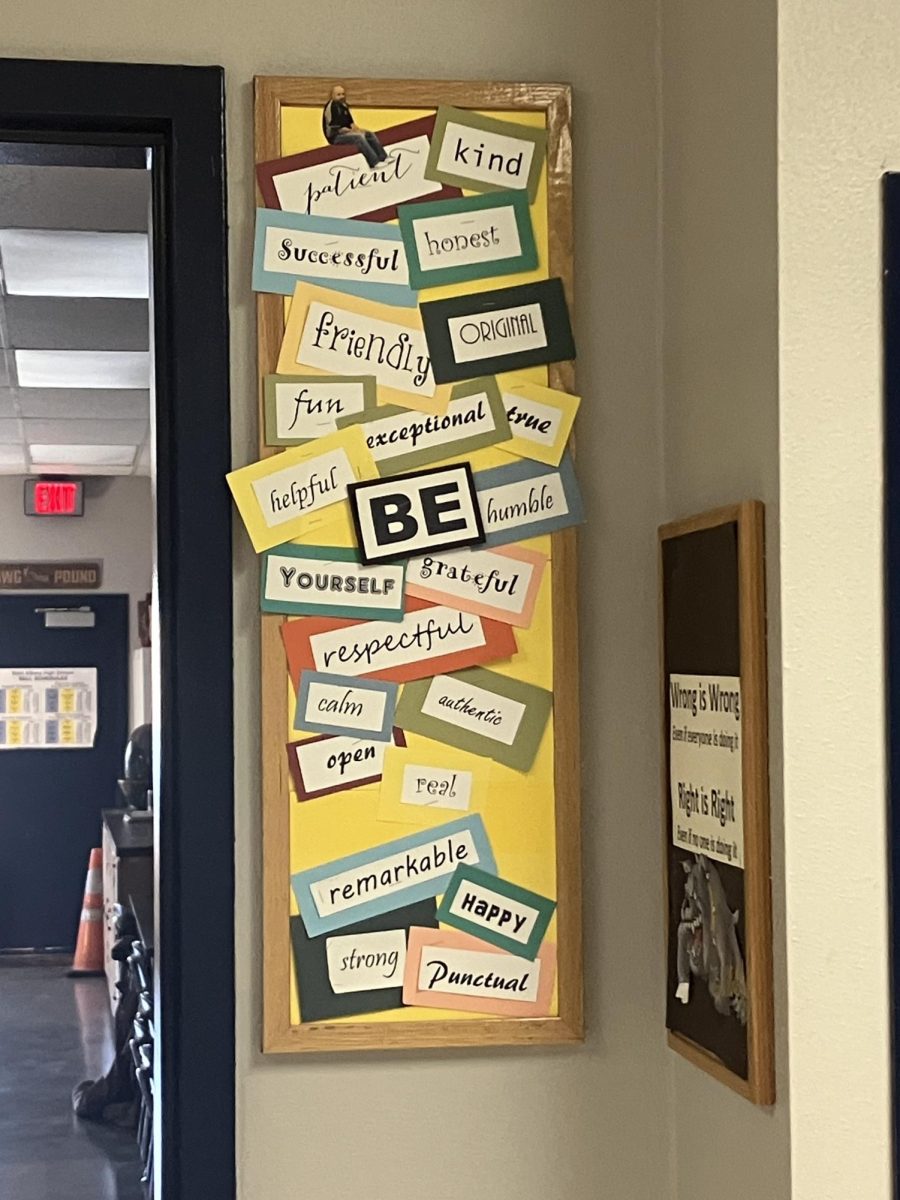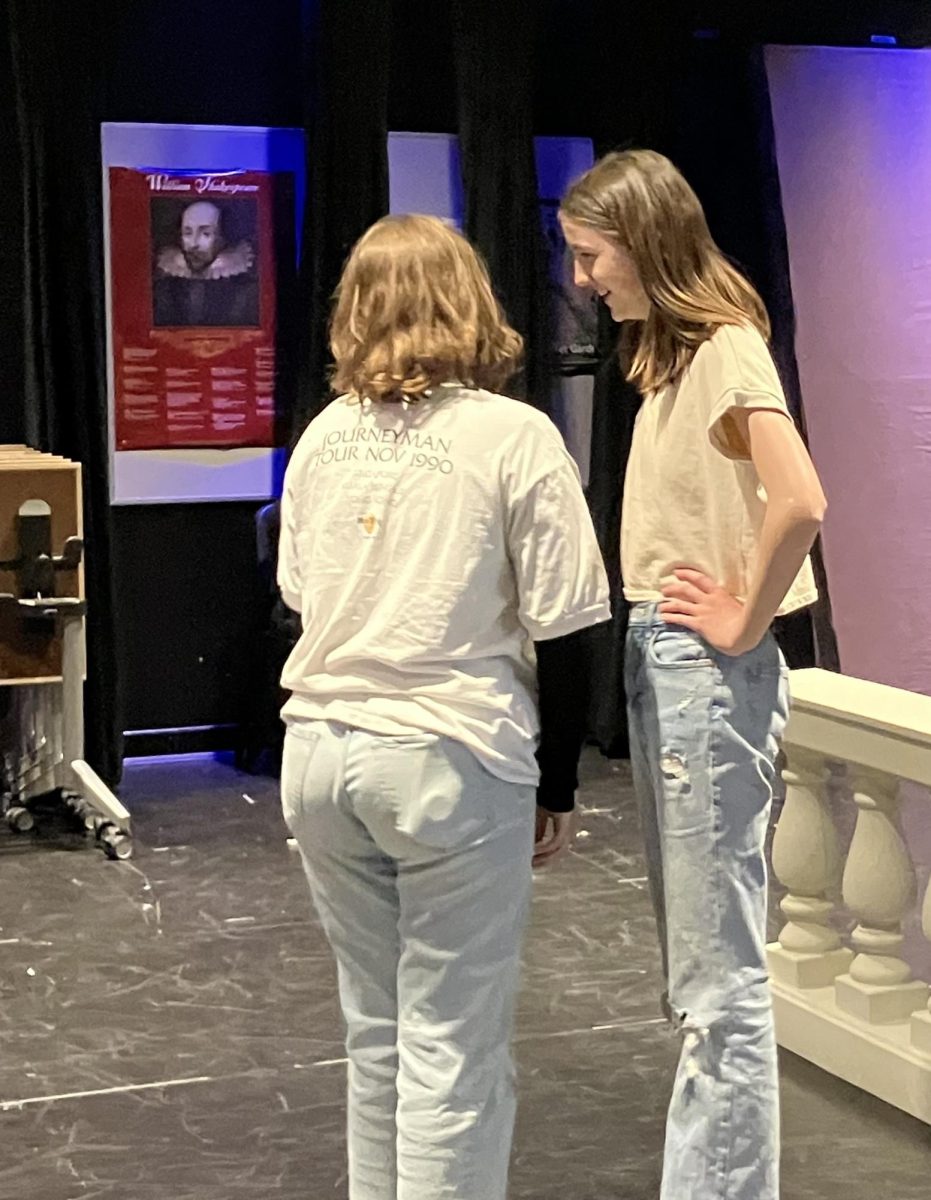On World Down Syndrome Day, Mar. 21, an ad was aired by CoorDown and Small New York along with the National Down Syndrome Society showing actress and model Madison Tevlin challenging the stereotypes surrounding people with Down syndrome’s abilities. The ad, as part of the “Assume That I Can” campaign, addresses the way that infantilizing people with disabilities can lead to them being unable to even attempt the things they are being ‘protected’ from. Infantilization is more of a problem than people realize, and it pervades the walls of WAHS.
From childhood, students in the special education programs are separated from their peers. This can be a good thing, since it allows them to receive personalized assistance and classes that meet their needs, but it also creates an instant ‘us versus them’ mentality in the minds of other students. This can manifest in outright bullying and ableism, but it can also lead to people treating them more like pets than fellow human beings.
In an article by everydayfeminism.com, author Creigh Farinas recounts her experiences dealing with people treating her disabled younger sister like a child, or worse, an animal. It’s a scene that you might recognize from school, work, or anywhere else where you could see people interacting with strangers or acquaintances with disabilities. They might call them ‘cute,’‘sweet,’ or ‘adorable,’ and may even pat them on the head.
At school, this type of infantilization can manifest as deliberate and artificial attempts to have students in the special education programs as your friends while making no attempt to get to know them as people and using that connection as a way to feel like a better person. That sort of relationship isn’t friendship, it’s pity, and the insincerity is more obvious than you think to outside viewers.
Do make an effort to connect with every type of student at WAHS and including those who aren’t a part of the masses than just ignoring anyone who you may perceive as different. However, you should also think critically about what reasons you have and what sort of language you’re using when speaking to others. Everyone deserves to be treated with the same level of respect regardless of their abilities and needs.



